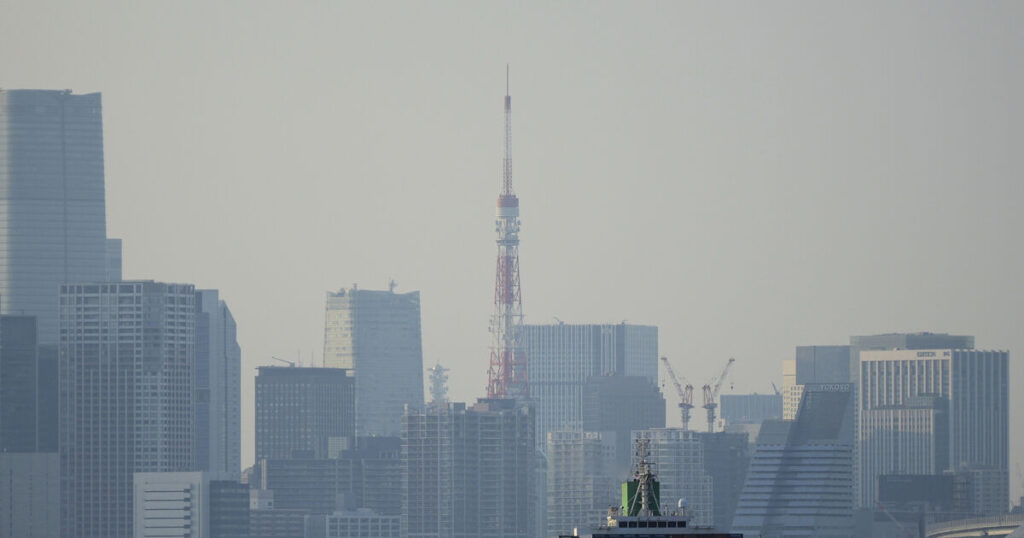US President Donald Trump has imposed a 25% tariff on goods imported from Japan and South Korea, alongside new tariff rates for Malaysia, Kazakhstan, South Africa, Laos, Myanmar and Tunisia.
These tariffs are scheduled to take effect on August 1.
Mr. Trump announced this decision through letters posted on Truth Social, addressed to the leaders of the relevant nations.
The letters contained a warning against retaliatory measures in the form of increased import taxes, stating that the Trump administration would further escalate tariffs in response.
“If for any reason you decide to raise your Tariffs, then, whatever the number you choose to raise them by, will be added onto the 25% that we charge,” Mr. Trump wrote in the letters to Japanese Prime Minister Shigeru Ishiba and South Korean President Lee Jae-myung.
These letters represent another act in a global economic drama largely orchestrated by Mr. Trump.
These actions have ignited concerns regarding potential slowdowns in economic growth and an increased vulnerability of the US and other countries to recession.
However, Mr. Trump maintains confidence that these tariffs are crucial for revitalizing domestic manufacturing and financing the tax cuts recently enacted into law.
His approach blends assertiveness with a willingness to negotiate, suggesting a continuation of the current uncertainty and the non-final nature of many situations under his leadership.
Imports from Myanmar and Laos are set to be taxed at 40%, South Africa at 30%, and Kazakhstan, Malaysia, and Tunisia at 25%.
Mr. Trump emphasized the word “only” when disclosing the tariff rates in his letters, implying a sense of generosity in his actions.
Mr. Trump still faces unresolved trade disputes with the European Union and India, among other international trading partners.
More intense negotiations are anticipated with China, where a 55% tariff is already in place on imports from that country.


